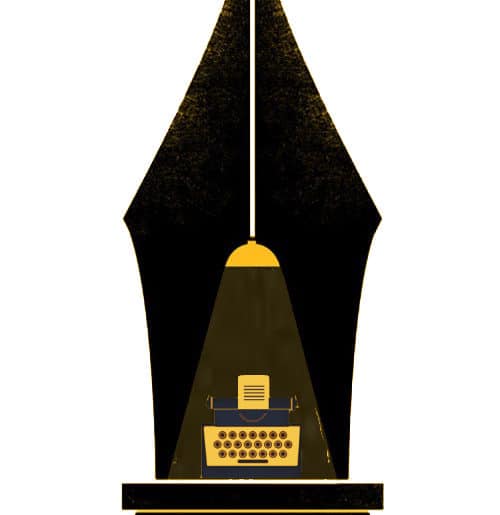Delhi University Students Union (DUSU) polls have been done with and now the winning party has announced of competitions that can present you with a trip to abroad.
In the unending list of promises made by the students’ wings of major political parties, the latest addition is the announcement of a lucky draw competition to be held for students of Delhi University. The venue has been tentatively disclosed as the Vice-Chancellors’ lawns in the North Campus, while the dates shall be announced soon. The leaders have wide agendas from covering placements to trips, and now they have added to their list the dreams of a few who want to travel abroad. Among the thousands of applications, ideate yourself as the five lucky winners who get a chance to fly overseas!
The procedure is simple and interesting:
Apply as soon as the dates are released; through the given link, a ticket will be generated that you have to show on the day of the competition. The ticket shall have your university enrollment number, college name and residential address. On the day of the competition, the participants will be required to bring their tickets to begin the game.
As per the released data, only students with passports older than three months shall be allowed to participate. To this, added are the details of the places that they have finalised. The winners get to choose among six different places: The most attractive being Rio-de-Janeiro, the beautiful city in Brazil. Gorgeous mountains, pristine beaches, and a surplus of rainforests near a deep blue sea – Rio is one of the most gorgeous cities in the world. Dublin, the capital of Ireland is the place you have been dreaming since ever. Next is Kuala Lumpur, Malaysia, a city that houses monkeys and a myriad of cultures you’d love to explore. Then comes the Fiji Islands where travellers of all kinds flock to for its remarkable beaches and welcoming demeanour. Fifth is Chiang Mai, nestled grandly on Northern Thailand’s foothills with picturesque mountains. The last option is Thimphu, Bhutan with the Himalayan sceneries. Excited much? And now, here’s to drop the cherry topping: insiders have informed us of the probable complementary ticket for any one family member.
Of the historical extravagant DUSU polls, with food and movie ticket distribution, this year will mark the beginning of a new era of inordinate competition by the winning posse. So, gear up boys and girls because this tenure of the leaders is going to be proven the best with this dream-come-true competition. Indeed, elections are at times a big boon for the lucky few.
**Disclaimer: Bazinga is our weekly column of almost believable fake news. It is a humorous, light hearted column that should only be appreciated and not accepted.
Feature Image Credits: Trip Advisor
Radhika Boruah









